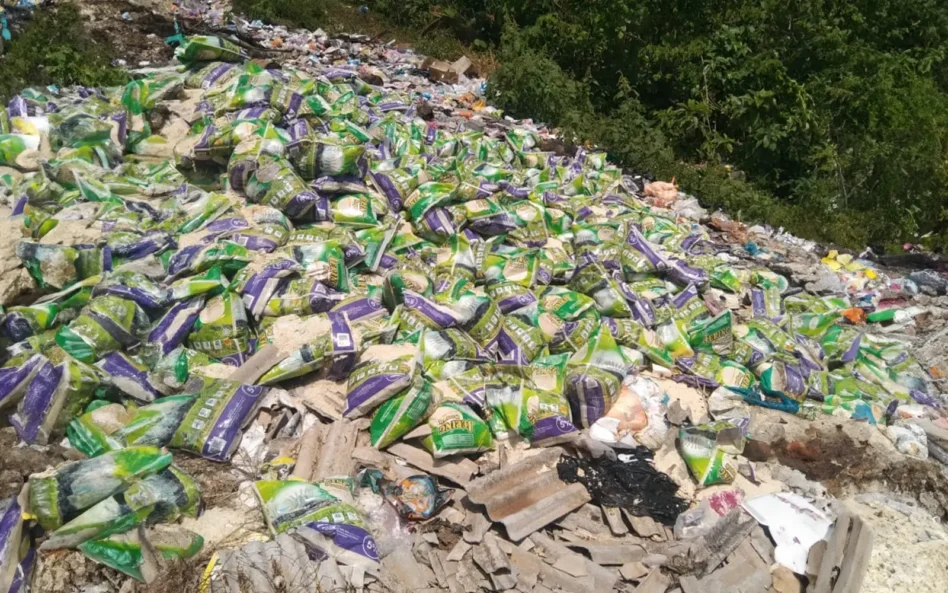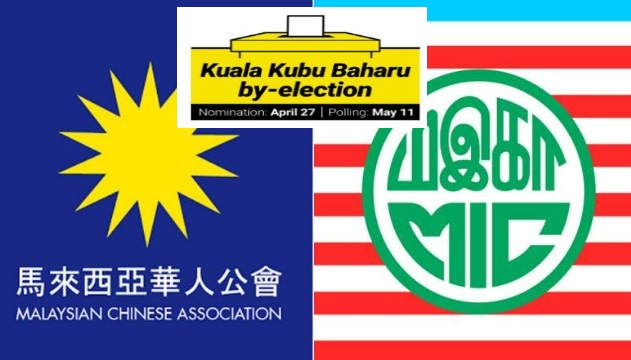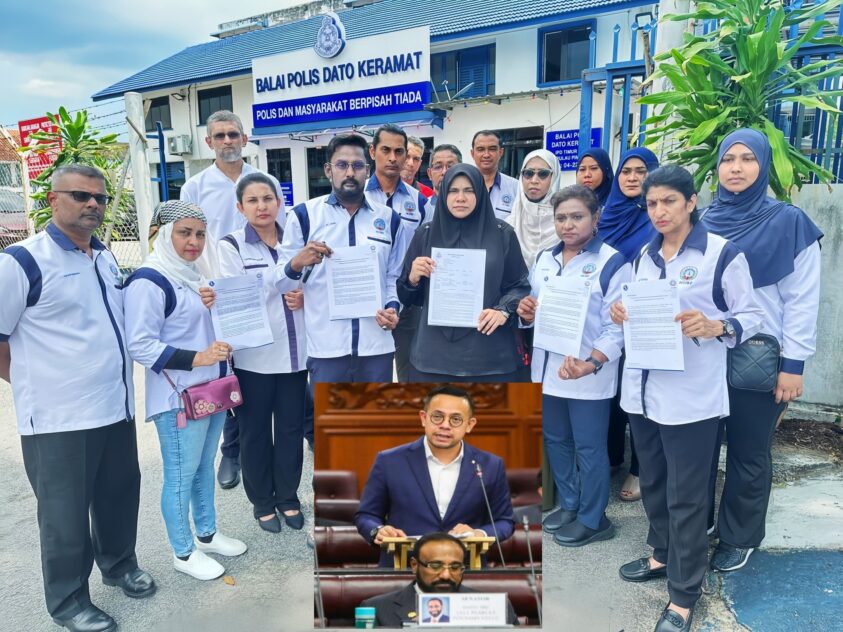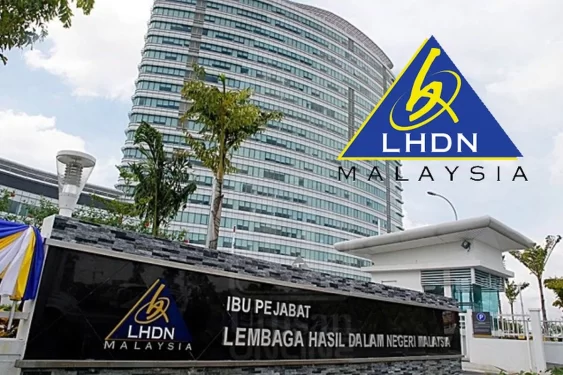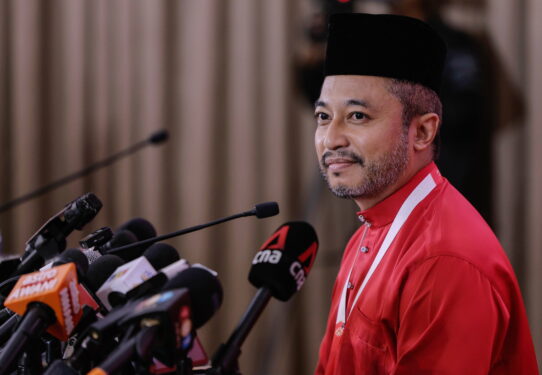By Nahendran Navaratnam
OVER the past weeks, there have been recurring confusion amidst inconsistent positions from the government on the meaning, enforcement and exceptions to the Movement Control Orders (MCO) under which Malaysians have been under enforced isolation since Mar 18. This situation is all down to the failure of the prime minister and his Cabinet to govern in accordance with the rule of law.
These MCOs have been issued under the Prevention and Control of Infectious Diseases Act 1988 (PCIDA). Under Section 11 of that Act, the Minister of Health has power exercisable by an order published in the government gazette, to declare an area to be an infected local area. Indeed, the Minister of Health has done this by declaring each state within the Federation as an infected local area.
In addition to this, the Minister also has the power to appoint authorised officers under Section 3 to undertake any of the functions stipulated in the Act. The Minister is authorised to exempt any things, person or class of persons from the operation of the Act under Section 29. He also has the power under Section 11(2) to make regulations to prescribe the measures to be taken to control or prevent the spread of any infectious disease within or from an infected local area. All these powers are conferred by law on the Minister of Health.
What this means is that the only person under law who has power to issue procedures, measures and exemptions in respect of quarantine, operating conditions for business, exceptions to isolation orders and the like is the Minister of Health and he can only do this by issuing lawful Regulations under Section 11(2) .
Let us now look at the National Security Council Act 2016. This is an Act that confers power over matters relating to national security. Membership of the council is prescribed. It does not include the Minister of Health. It also prescribes that the Deputy Prime Minister shall be a member, but we do not have one for now.
Nevertheless, it provides power to the Prime Minister to declare an area as a security area if the security in that area is threatened by any person, matter or thing. Note the power is concerned with national security and the other provisions of the Act make it quite clear that the kind of threats envisaged have to do with matters that would ordinarily be dealt with by security forces.
It seems clear therefore, that in matters relating to medical emergencies concerning the control of infectious diseases, it is the PCIDA and the Minister of Health who have jurisdiction and legal authority.
Therefore, anything we may have heard from anyone else such as the Minister of International Trade and Industry, the Minister of Defence and indeed the Prime Minister himself that is inconsistent with regulations lawfully issued under the PCIDA, would be statements that are simply wrong.
The Minister of Health has made regulations known as the Prevention and Control of Infectious Diseases (Measures within Infected Local Areas) Regulations 2020 (PCID-MILA Regulations). These regulations contain all the specifics in relation to the movement controls that have been imposed. The first set of regulations were limited in effect to the period between Mar 18 and Mar 31.
This became known as MCO1. From time to time as the periods for controlled movement have been extended first from April 1 to April 14 and then to April 28 and now finally to May 12, revised regulations have been issued to cover the different periods. We have come to know these as MCO2, MCO3 and now MCO4.
Exceptions have been made to the prevailing PCID-MILA Regulations and announced by MITI and the National Security Council. Yet no amendments were made to the prevailing PCID-MILA Regulations to allow for these purported exceptions.
The latest regulations currently in operation are PU (A) 133 and 134 respectively known as (1) the Prevention and Control of Infectious Diseases (Measures within Infected Local Areas) (No 4) Regulations 2020 and (2) the Prevention and Control of Infectious Diseases (Compounding of Offences) (Amendment) (No 4) Regulations 2020. They are in force until May 12 for now.
This is what the Rule of Law is all about. The executive must govern in accordance with a valid law passed by Parliament. If it does not operate within the confines of the law, things become disorderly and confusing very swiftly. That is precisely what we have witnessed with various Ministers making statements and pronouncements which are not within their authority to make. Hence the confusion and inconsistency.
We are now told that we can go back to work on Monday by no less than the PM himself. The National Security Council has issued SOP’s for businesses to open. MITI also appears to be approving the opening of businesses on terms imposed by them.
All this in the face of existing PCID-MILA Regulations and the provisions of the PCIDA which expressly confers power only upon the Minister of Health to formulate and enforce regulations relating to activities and movement in infected areas. And so, the confusion and uncertainties continue whilst little is known of what the Ministry of Health has to say about all this.
Although a basic principle of governance, the Rule of Law is sometimes considered a luxury, one that can be sacrificed in times of crisis, but if we ought to have learned anything by now, it is that things can only be done properly if they are done in accordance with law.
Violations of the rule of law are the thin edge of the wedge. We have seen its consequences only too clearly in recent years. Granted, that is a debate over the long-term for Malaysia.
In the short term, the people would be spared a great deal of uncertainty and anxiety – not to mention time and money, if the PM and his Cabinet would follow the provisions of law that were designed and passed by Parliament for just such an occasion as this.
Nahendran Navaratnam is a practicing lawyer in Kuala Lumpur



